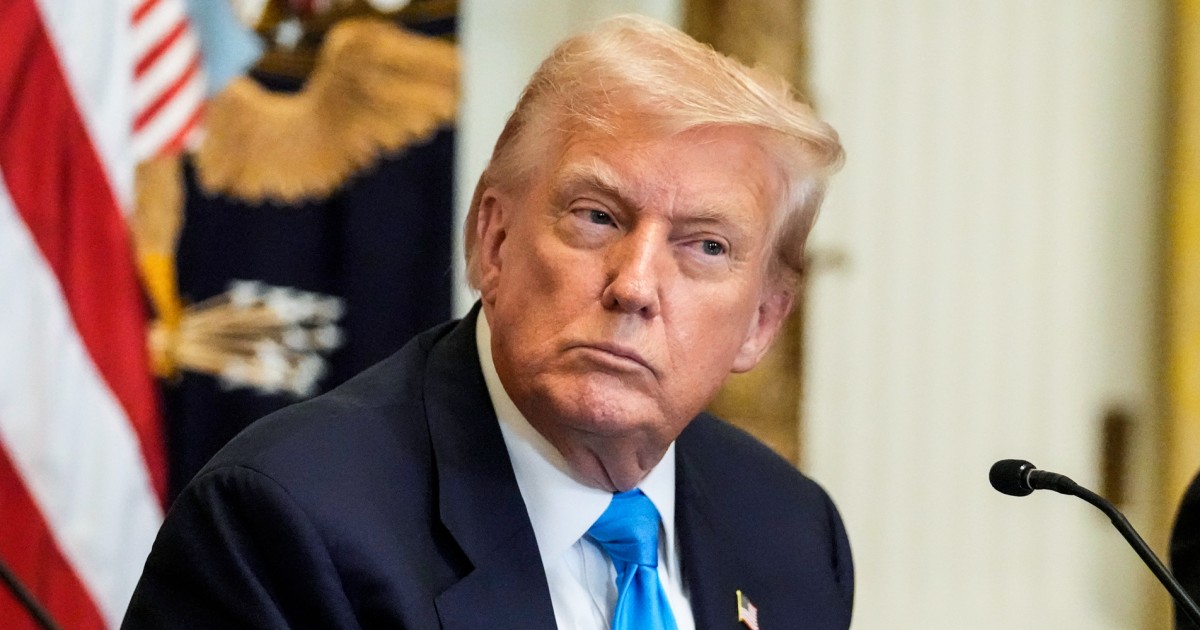President Donald Trump recently granted Mexico a crucial 90-day extension on an impending tariff deadline, a decision closely tied to ongoing complexities at the southern border. This announcement, made just hours before higher reciprocal tariffs were set to be imposed, highlights the intricate interplay between trade negotiations and immigration policy within his administration’s foreign relations. The president’s move indicates a strategic delay to allow for further discussions regarding a comprehensive trade agreement.
This extension for Mexico comes amidst a period where the Trump administration has been actively formalizing various trade agreements and imposing new duties on global partners. Recently, the administration solidified arrangements with key U.S. trading partners such as the European Union and Japan, both slated to face a 15% tariff. India is set to encounter a 25% tariff, while the United Kingdom will be subject to a 10% duty, reflecting a broad-ranging approach to international commerce.
Conversely, several nations that have not yet reached new agreements with the Trump administration are now facing significant new duties. Switzerland, for instance, will incur a 39% tariff, a rate higher than previously indicated, while Canada is set to be hit with 35% duties. Taiwan will receive a 20% tariff, a slightly lower rate than initially threatened. These impositions underscore the administration’s assertive stance in reshaping global trade relationships.
The administration’s aggressive use of tariffs has not gone unchallenged, particularly in the legal arena. The U.S. Court of Appeals for the Federal Circuit has expressed skepticism regarding the president’s extensive authority under the International Emergency Economic Powers Act to levy such duties. Judges have questioned whether the law, which does not explicitly mention “tariffs,” grants the executive branch such broad taxation powers, indicating a potential constitutional challenge to these trade measures.
These tariff policies have drawn sharp criticism from political figures, including Senate Minority Leader Chuck Schumer, who contends that they are fueling inflation and placing an undue financial burden on American families. Schumer has characterized the administration’s trade strategy as an “experiment in chaos, dishonesty and inflation,” arguing that despite claims of victory, the economic consequences of these tariffs are directly borne by consumers through increased prices.
Regarding the specific accord with Mexico, President Trump detailed that the U.S. would maintain a 25% “Fentanyl Tariff,” a 25% tariff on cars, and a 50% tariff on steel, aluminum, and copper imports. This nuanced approach demonstrates a layered strategy where trade penalties are interwoven with broader national interests, including efforts to address border security and drug trafficking concerns.
The administration views its tariff threats and trade negotiations as powerful foreign policy tools, aimed at reducing the trade deficit and securing more favorable terms for the United States. While the focus remains on economic adjustments, the broader implications extend to international relations and the shaping of global economic alliances. This strategy, proponents argue, is essential for promoting American economic interests on the world stage.






Leave a Reply